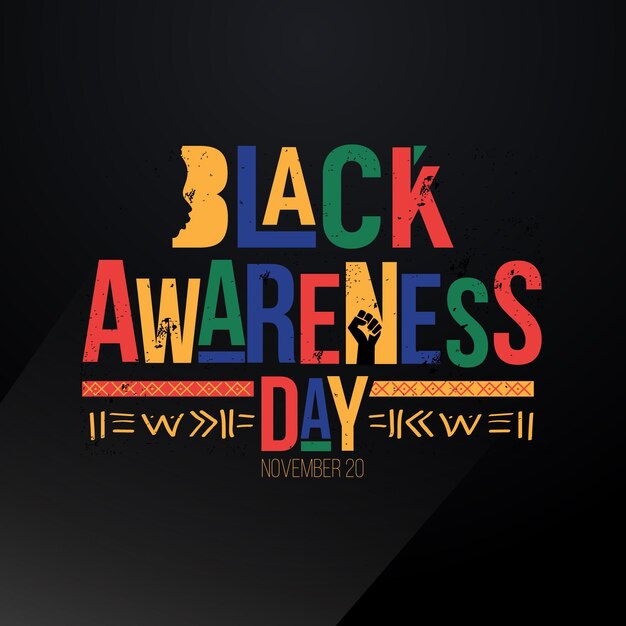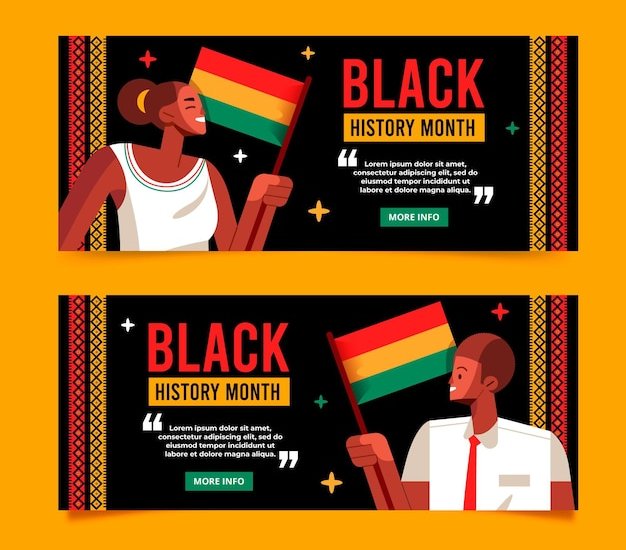Interesting Facts about Malawi

Malawi is known as the Warm Heart of Africa.
Lake Malawi is one of the largest freshwater lakes in the world.
Malawi is home to over 10 million people.
The capital city of Malawi is Lilongwe.
The national language of Malawi is Chichewa.
Malawi gained independence from the United Kingdom in 1964.
The country’s currency is called the Malawian kwacha.
Malawi is famous for its stunning landscapes and diverse wildlife.
Mount Mulanje is the highest peak in Malawi.
The annual Lake of Stars Music Festival attracts international artists.
Malawi has a rich cultural heritage, with 13 recognized ethnic groups.
The country is renowned for its traditional woodcarving and craft industry.
Zomba is an old colonial capital of Malawi and is known for its historic buildings.
Malawi is often called the land of laughter due to the friendly and welcoming nature of its people.
The economy of Malawi relies heavily on agriculture, with tobacco being a major export.
The country faces challenges such as poverty, food insecurity, and HIV/AIDS.
Malawi is blessed with a diverse range of bird species, making it a haven for birdwatchers.
The Malawi cichlids are a unique and colorful species found in Lake Malawi.
Malawi has nine national parks and wildlife reserves, providing opportunities for safari experiences.
Soccer is the most popular sport in Malawi, and the national team is called the Flames.
Interesting Facts about Malawi part 2
Lake Malawi is home to more species of fish than any other lake in the world.
Malawi’s flag consists of three equal horizontal stripes of black, red, and green, with a red rising sun in the top half.
Malawi experiences a subtropical climate, with a rainy season from November to April.
The Malawi tea industry contributes significantly to the country’s economy.
Malawi has a low population density, with vast areas of untouched nature.
The country has made significant progress in reducing child mortality rates in recent years.
Malawi has a high dependency on foreign aid for its development projects.
The famous Livingstonia Mission was established in Malawi by Scottish missionaries.
Lake Malawi is a UNESCO World Heritage Site due to its unique biodiversity.
The Nkhotakota Wildlife Reserve is one of the oldest and largest in Malawi.
The Malawian cuisine is known for dishes such as nsima (a cornmeal porridge) and chambo fish.
Malawi is home to the beautiful Mulanje Cedar, a protected tree species.
The Chongoni Rock Art Area is a UNESCO World Heritage Site, showcasing ancient rock paintings.
Fishing is a key economic activity in the lakeshore communities of Malawi.
Malawi has a growing eco-tourism industry, promoting sustainable travel and conservation.
The Majete Wildlife Reserve has successfully reintroduced endangered species, such as the black rhinoceros.
Malawi has a rich musical heritage, with traditional instruments like the thumb piano and drums.
The annual Lake Malawi Sailing Marathon attracts participants from around the globe.
The country’s name Malawi translates to Flames of fire in the local Chichewa language.
Malawi has a high number of orphans due to the AIDS epidemic, leading to the establishment of many orphan care centers.
The Chinteche Inn, located on the northern shores of Lake Malawi, is famous for its beautiful sunsets.
Lengwe National Park is known for its unique vegetation and bird species.
Malawi holds colorful traditional festivals, such as the Gule Wamkulu masquerade.
The country offers incredible scuba diving and snorkeling experiences in Lake Malawi.
Malawi’s national motto is Unity and Freedom. Feel free to use these statements as inspiration or include them in your work!

